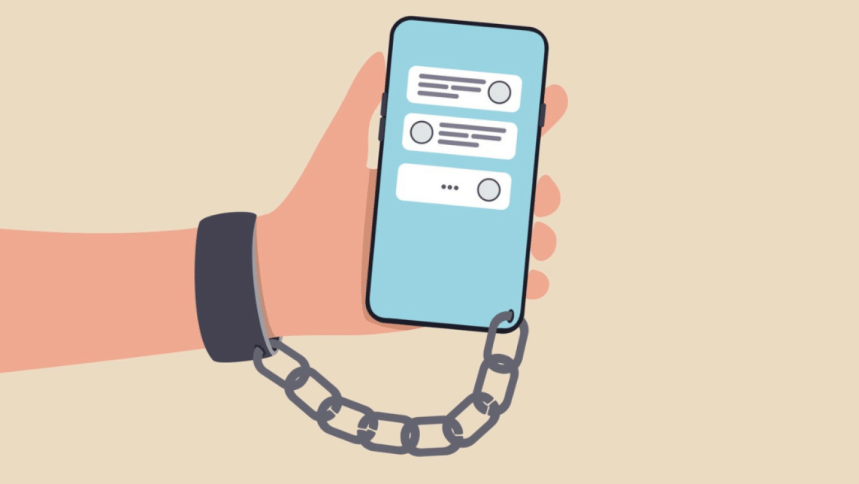It’s alright if you’re missing out

Just a little peek at social media, and we're bombarded with hundreds of posts. When we scroll through our seemingly endless feed, an obnoxious voice inside our heads says, "Look at them, pursuing their passions, traveling to distant locations, achieving their dreams. What have you done so far?"
Nothing probably comes to mind.
FOMO, or the "fear of missing out", is defined by Oxford Languages as the "anxiety that an exciting or interesting event may currently be happening elsewhere, often aroused by posts seen on social media".
Based on its definition, FOMO usually stems from social media. Social media is a strange, dual-edged sword. On the one hand, we choose to seek connections, especially when we are stressed out, while on the other hand, social media feeds on our insecurities.
Social media has its uses but it is also great at making us feel like we haven't achieved anything besides adding a few ounces of carbon dioxide into the atmosphere. As long as we are at the mercy of notifications and status updates, we won't be able to break free of the shackles that bind us.
Giving up on social media entirely might seem like the obvious solution. However, in most circumstances that is not an option. Especially when it's our only porthole to the world during trying times.
The alternative is to draw a line with social media the way you would with any other relationship. Creating healthy boundaries with the cause of your distress might not put you at ease right away, but allows it to lose power over you eventually.
Think of it this way: would you let a toxic friend hog all of your time and energy?
However, it is also important to realise that the problem lies with our perception of the narrative.
When an author tells a story, he doesn't go into detail about mundane things. He doesn't show us the dirty dishes, the piles of unwashed laundry, or the milk that turns sour. The character might have to deal with unpleasant circumstances but that isn't always important to the narrative.
Social media gives the story without the unpleasant details. This makes us think that they've done all of those things in that limited time frame.
Overcoming FOMO involves acceptance. Accept that you might not have the energy to do everything. Accept that you cannot be everywhere at the same time, which means you're going to miss out on some things. Accept that you can't always be on top of things.
Ask yourself a few questions. Are the experiences you're missing out on valuable to you? Are they aligned with your future goals? Would you enjoy them?
When you consider these questions, are we really missing out on events that could change our lives? We have our whole lives ahead of us. Let not make someone else's highlight reel our unchecked to-do list.
Subah ponders on the meaning of life, existence, and everything. Contact her on Twitter @hussain_subah

 For all latest news, follow The Daily Star's Google News channel.
For all latest news, follow The Daily Star's Google News channel. 



Comments